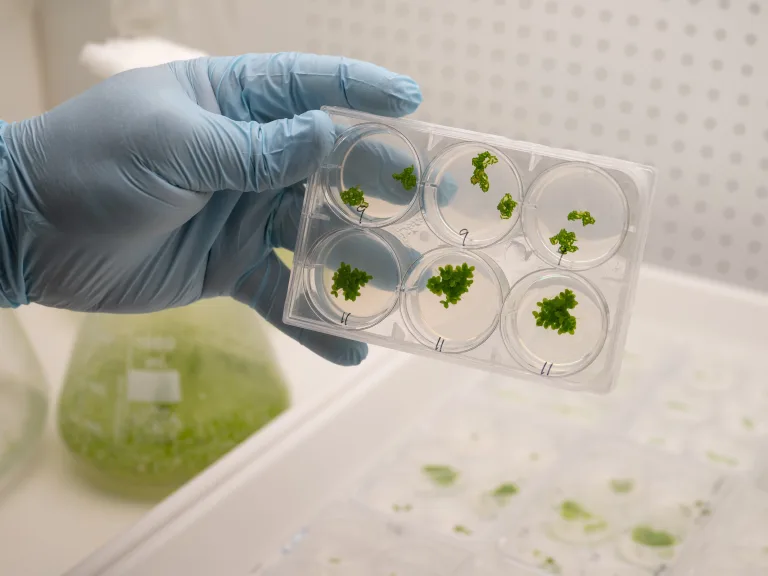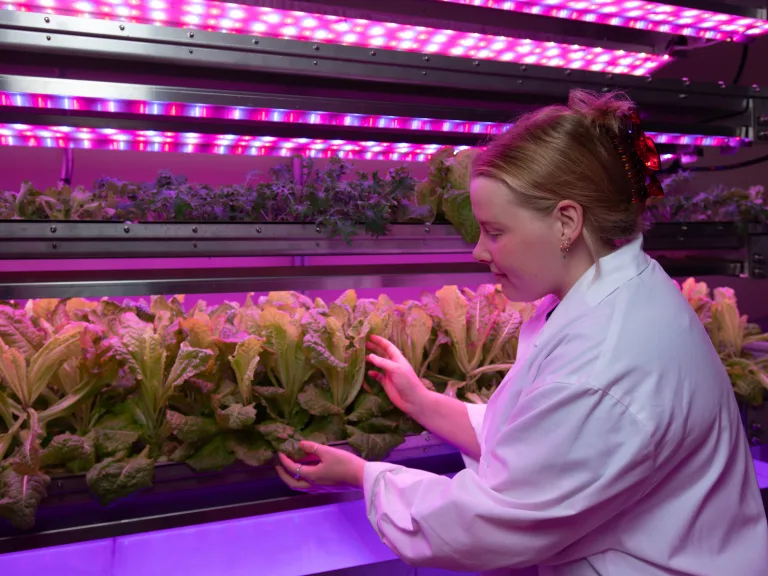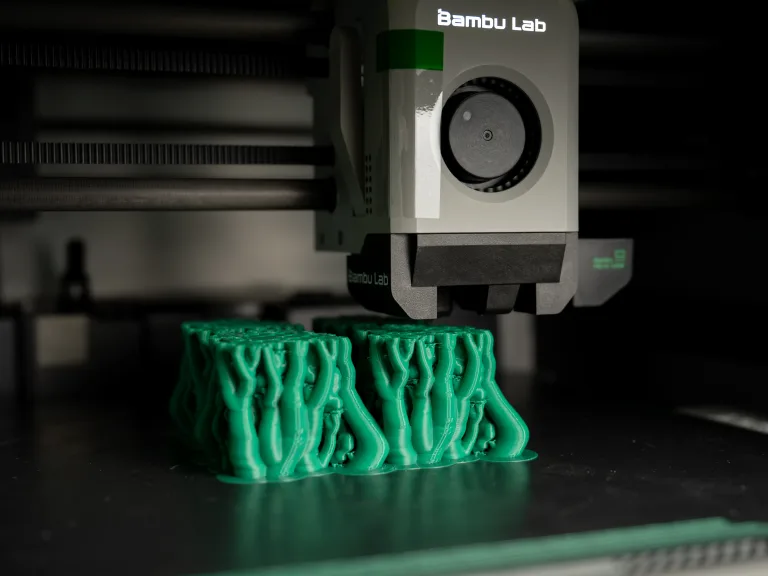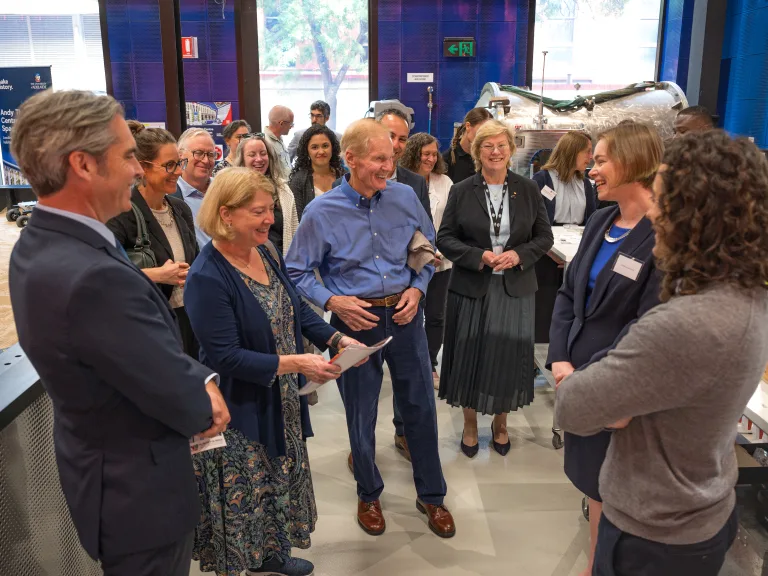P4S’ 7-year goal is to enable humans to survive and thrive in Space, through developing new plant forms, products, and uses; and leading a global community that transforms plant performance and sustainability, on and off Earth. We plan to achieve this goal through four missions that guide our research endeavours:
- Complete nutrition plant-based foods
- Zero-waste plants optimised for controlled environments
- On-demand bioresource production
- Future-ready workforce and society
Complete nutrition plant-based foods
Our first mission aims for the development of ‘complete nutrition’ plants that humans could survive on for a year without sacrificing health. Our focus will be on optimising concentrations of all essential macro- and micro-nutrients in a minimal suite of plants that can be processed into appealing food forms to fulfil nutritional needs.
Zero-waste plants optimised for controlled environments
Our second mission focuses on fast-growing, zero-waste, ‘pick & eat’ plant varieties that exceed current on-Earth performance. Plants will be ‘re-engineered’ to be able to remove redundant energy-intensive processes to accelerate growth; enhance nutrient and water use-efficiency; optimise salt tolerance; and create a use for all plant parts.
The use of digital and physical twins of our plant and food production systems will assist in fully integrating environmental constraints with resource requirements. Simulation of Space conditions on Earth will allow iterative calibration of plant and product design, and the development of new experimental platforms in Space.
On-demand bioresource production
The third P4S mission is using smart plants that operate as programmable biological factories for robust and rapid biomolecule synthesis. Innovations in this mission encompass development of new technology platforms for on-demand or large-scale production of novel, recyclable biomolecules, including plant-based construction materials and pharmaceuticals, that can be processed with minimal energy, resources, and waste.
Furthermore, this mission includes the sustainable processing of these biomolecules into usable products, employing integrated tools for prediction and assessment of food taste and digestibility. Our depth of processing, sensory, psychological, and nutritional expertise enables key technological innovations to deliver nutritious plant-based foods and sustainable processing of plant-generated flavours, pharmaceuticals, and plastics.
Future-ready workforce and society
Our final mission emphasises the impact of our research on society and includes the anticipatory and responsive legal, regulatory, ethical, and psychological frameworks to determine and refine process design to facilitate successful outcomes. A key element will be to dissect the complexity of human responses to extreme and constrained environments, to ensure that the novel process design is both compliant with legal standards and capable of situational evolution.
Furthermore, P4S aims to support its teams by including evidence-based training, leadership, and mentoring framework to inspire and equip staff, students, and stakeholders at scale. Finally, we aim to provide an industry-ready translation pipeline integrating and informing outputs across P4S research, including co-design between academia, government, industry, and start-ups to provide major sector uplift. Our advocacy will strengthen research and linkages, create synergies, and maximise efficiency of global effort, leading to creation and leadership of a single global Space plant research community, as well as informing the public through outreach and engagement for students and the broader community.




